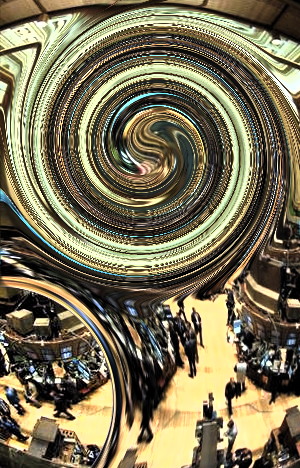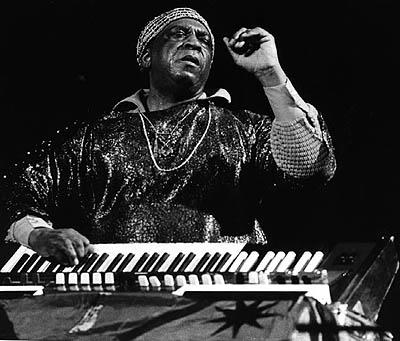Speaking of “cultural fascism” and the Weimarization of the United States is no longer an isolated phenomena. A couple of days ago I was reading The Pique here in Whistler and noticed not one, but two columnists deploying terms of analysis that took the rise of the extreme right in the United States at its full value. Check out the talented and thoughtful Michel Beaudry, who in his Alta States column wrote:
Look at what’s happening to our neighbours down south. For the last two years, a group of very disturbed people have been repeating the fiction that President Obama is a secret Muslim. Makes me think of the Converso claims against Jews in Europe in medieval times. Turns out that strategy was a great way to scapegoat a segment of the population that chose to live outside the maintream. Maybe that’s what these modern racists are thinking
too.But what really disturbs me is that in a country increasingly dominated by talk show hosts discussing the sexual peccadilloes of its celebrities, a growing minority of people are actually beginning to believe that Obama is a Muslim. Doesn’t matter that this has absolutely no basis in fact. Doesn’t matter that Obama and his family are regular church-goers. It’s all about destruction by innuendo. And it seems to be working.
Which begs the obvious question: would it matter if Obama were a Muslim? Would it really change what Americans thought of him? And if so, what does that say about the state of that once-great American “democracy.” Sounds more like cultural fascism to me. (Michel Beaudry, Alta States, October 21st, 2010 in Pique)
Beaudry outlines aptly the strategies of doublespeak and doublethink analysed by Orwell and deployed so aptly by totalitarian regimes the world over. Then there’s G.D. Maxwell’s column Maxed Out, entitled “Stupid is where it’s at.” Max’s column couldn’t have come closer to my own last post; it hits upon similar points concerning an increased culture of stupidity (and short-term memory). He writes:
Stupid is where it’s at now. If you want to do well in politics these days, you can’t be too stupid, too narrowly self-interested, or too vitriolic. And god help you if you actually know what vitriolic means because if you do, you’re probably too intellectual, too effete, too – horrors – elite, to appeal to a populace enthralled in their quest to discover who can dance better than a 5th grader but too indifferent to pay any real attention to the adult problems surrounding them. […]
Smart ain’t cool anymore. As an expat American, I can only shudder at what’s happening on the other side of the border as mid-term elections approach in a couple of weeks. Card-carrying and stubbornly proud idiots are about to take control of congress and finish the job they started under St. Reagan and tried mightily to complete under Bush the Stupid – driving the country and, if they have their way the world, back into the Dark Ages.
Stupid attacks the other, whether the other is eastern-educated elites, religious minorities, racial minorities, homosexuals, fact-based science or, gasp, even Canadians. Canadians!?
Yet again this week, Tea Party candidate Sharron Angle – who stands an inexplicably good chance of unseating majority leader Harry Reid in Nevada’s senate race – claimed Canada’s “porous” border allowed terrorists, and by direct implication 9/11 terrorists, into the US. That most of them were in the country on student visas was just an annoying fact. “Fact? We don’t need no stinkin’ facts.” (G.D. Maxwell, Maxed Out, October 21st 2010 in Pique)











 RT
RT 